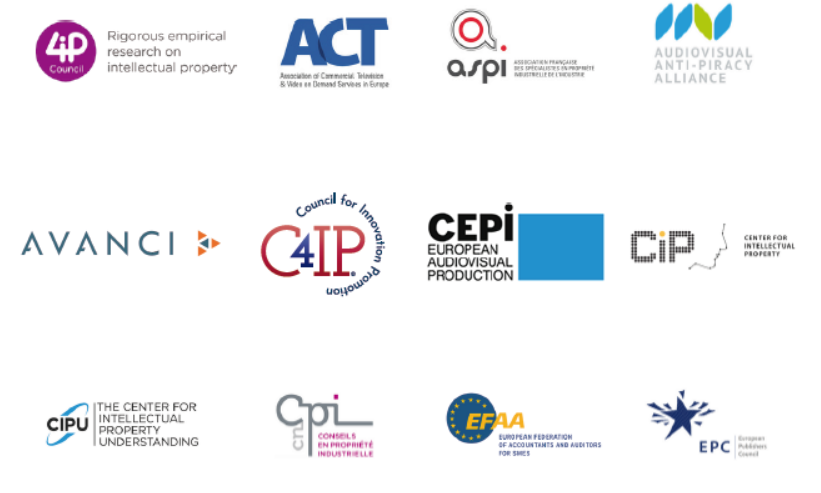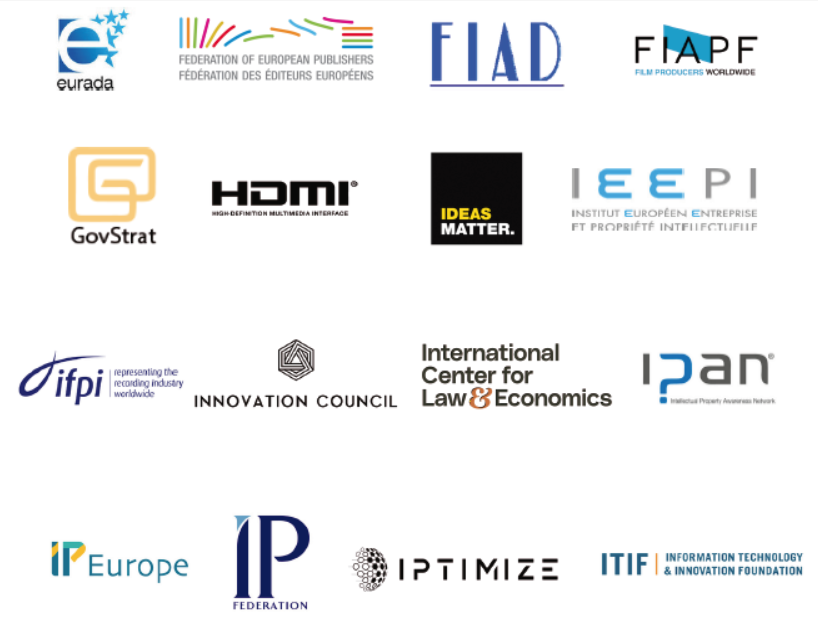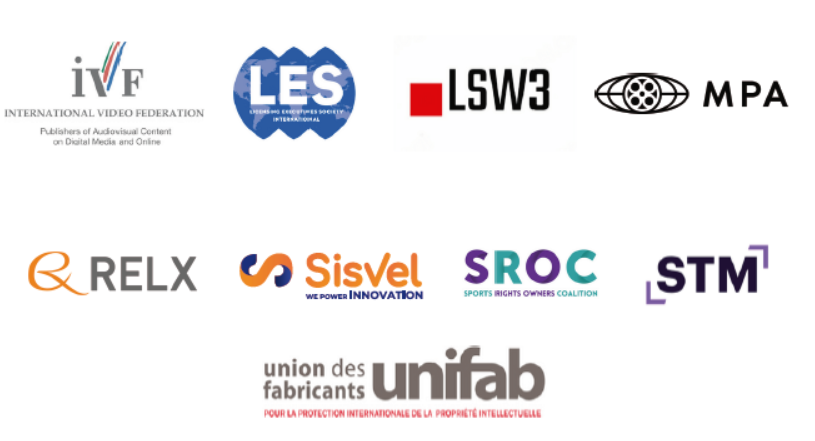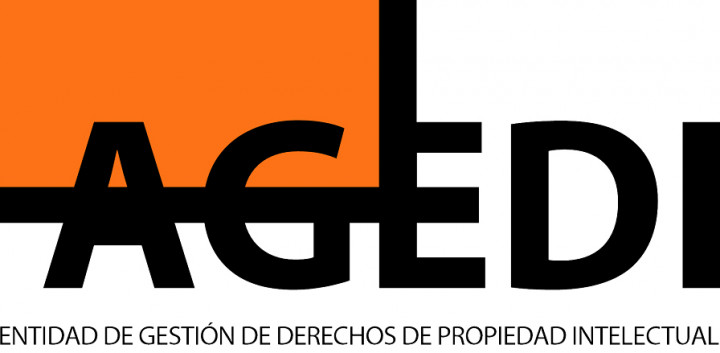We call on EU policymakers to support and protect intellectual property rights as a fundamental driver for innovation

We welcome the European Union’s (EU) initiative to revitalise its approach to growth, globalisation, and international relations. The creative and technology sectors will be integral to the EU’s new vision and the policy action that will help to realise it. Fostering and supporting innovation and creativity will enhance Europe’s strong international standing, promote open strategic autonomy, and build resilience. When properly incentivised, innovation and creativity will drive economic security and elevate Europe’s global influence.
The intellectual property rights (IPR) system protects European innovation and creativity through copyrights, trademarks, rules of origin, and patents. IPRs are not only constitutionally significant but also the essential backbone of Europe’s creative and innovative industries.
European innovative and creative capital is one of the strongest contributors to the EU’s international “soft power”. European technology solutions and creative content (such as music, fashion, film, sports, television and publishing) are critical to Europe’s role in contributing to a sustainable, progressive society.
We call on EU policymakers to ensure that the value of IPR is fully recognised throughout the new EU mandate (2024-2029) and that the EU’s legal framework for protecting and enforcing IPRs is effective in practice. This framework enables the virtuous cycle of investment, innovation, return, and reinvestment so that investors know that if their projects are successful, they will be rewarded for their efforts and the risks they took.
New technologies and innovations, such as Artificial Intelligence, can support the creation and innovation process but can also pose challenges. The rapid pace of technological advancement demands that IPRs must be respected and preserved to ensure a balanced ecosystem. The EU should take robust measures to ensure that inventors and creators remain incentivised to reinvest in further creation and innovation.
Doing so will foster an environment where innovation thrives while simultaneously safeguarding the interests and rights of those who drive progress.
Europe must continue to strive to be one of the most attractive jurisdictions for inventors, creators, and their investors – rather than see them look outside the EU to develop and launch their innovations.
We therefore urge the EU, in its ongoing and future strategic plans and initiatives, to promote Europe’s innovative and creative potential by:
1. Prioritising the competitiveness of Europe’s innovation and creative industries in the increasingly global landscape by implementing policies that acknowledge the high value of investment in creative and innovation industries and encourage the development of those industries as well as safeguarding a reasonable reward for inventors and creators. Fostering the effective protection of intellectual property is a critical element in boosting social welfare.
2. Promoting a strong and ambitious environment for innovators, inventors, and creators to support their growth and scalability; ensuring effective protection and enforcement of IPRs (and the proper application of the European Court’s jurisprudence at both EU and national levels); and respecting commercial freedom and stimulating much-needed resources and risky capital investments in the EU.



Prof. Eleonora Rosati (Stockholm University)
Prof. Anne Catherine Chiariny (University of Montpellier)
Prof. Alexandra Mendoza-Caminade (University of Toulouse Capitole)
Prof. Koenraad Debackere (KU Leuven)
Joshua Kresh (Interim Executive Director of the Center for Intellectual Property & Innovation Policy (Antonin Scalia Law School, George Mason University)
Prof. Adam Mossoff (Antonin Scalia Law School, George Mason University) Prof. David Teece (University of California, Berkeley)
Sir Robin Jacob (UCL)
Ludo Deferm; former Executive Vice President of IMEC


